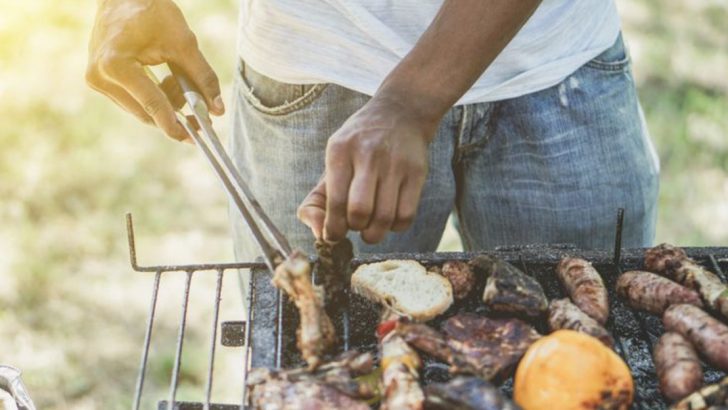Juneteenth marks the day when the last enslaved people in Texas learned of their freedom on June 19, 1865. Barbecue has deep roots in this celebration, serving as both sustenance and symbol of community gathering.
The smoky flavors and slow-cooking traditions connect us to our ancestors while creating new memories around the table each year.
1. Red Foods Symbolize Resilience
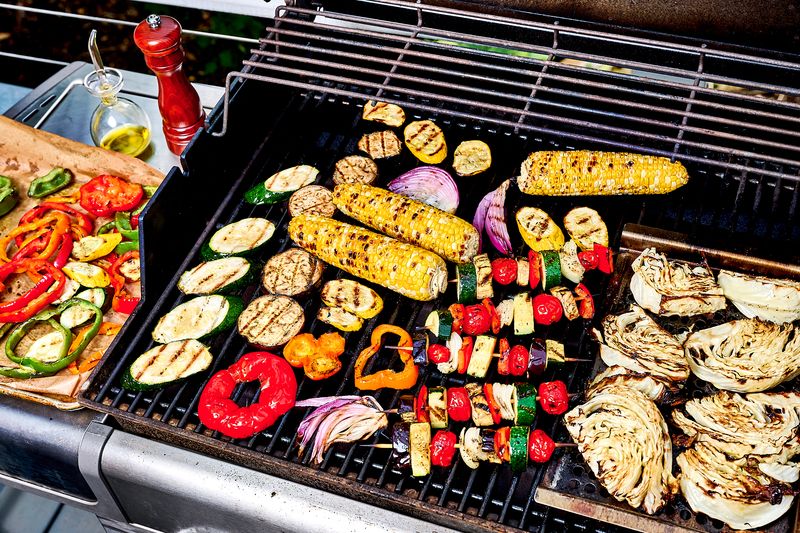
The red foods in Juneteenth barbecue represent the blood shed during slavery. Red drinks like strawberry soda and hibiscus tea are staples at celebrations.
Did you know many enslaved Africans brought seeds of red foods like hibiscus with them to America? These crimson dishes honor ancestors while tasting absolutely delicious at your cookout!
2. Slow-Smoked Brisket With Molasses Glaze
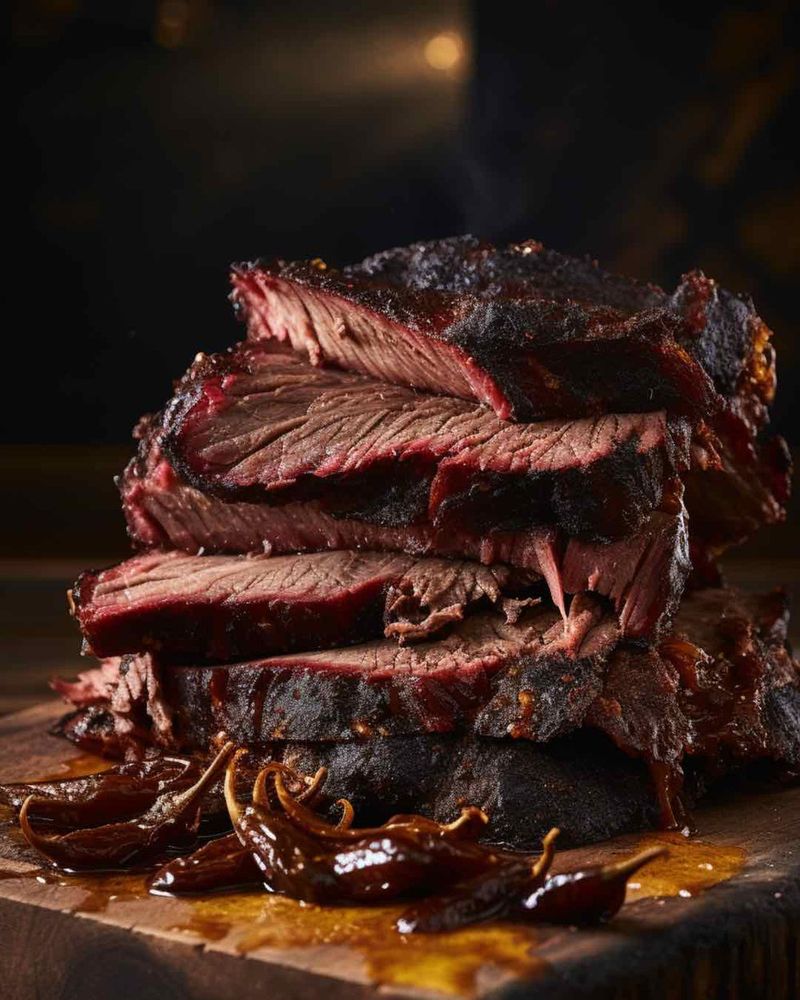
Brisket becomes magical when smoked low and slow for hours. The tough cut transforms into tender, flavorful meat that feeds many—perfect for community gatherings.
Want a Juneteenth twist? Brush with a molasses glaze during the final hour. The sweet-smoky combination honors traditional flavors while creating mouthwatering bark on your meat.
3. Pit-Cooked Whole Hog Tradition
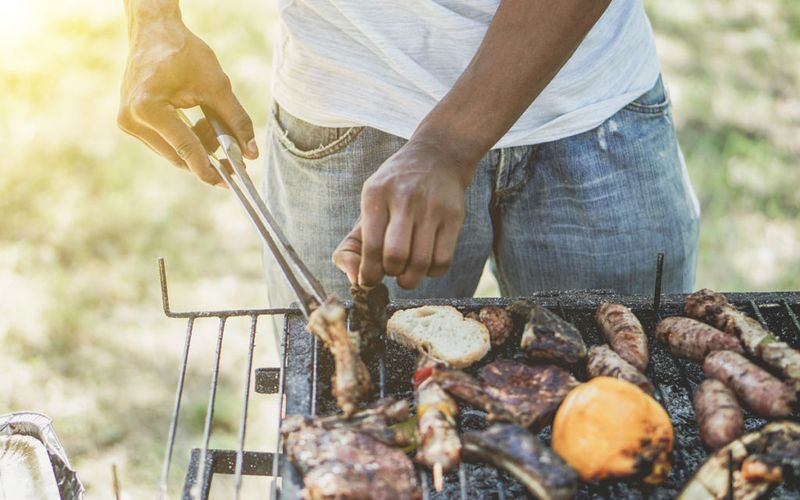
Cooking a whole hog in an earthen pit connects directly to African American barbecue traditions. Communities would gather around the pit, sharing stories while tending the fire throughout the night.
This method dates back centuries! The slow cooking process allowed tougher, less expensive cuts to become tender feasts that could feed entire communities during freedom celebrations.
4. Spicy Collard Greens With Smoked Turkey
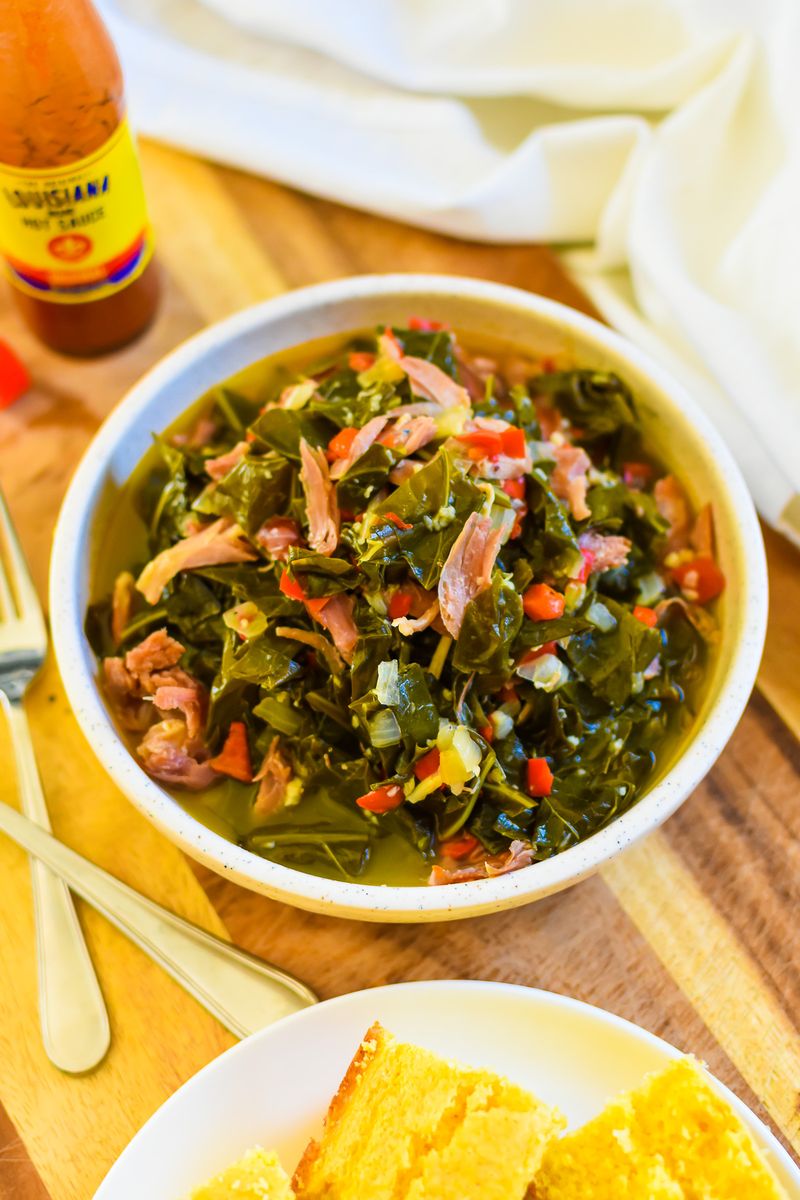
Collards symbolize prosperity and resilience in African American cooking. Using smoked turkey instead of traditional ham hock gives these greens a barbecue connection while keeping them lighter.
The pot liquor—that flavorful broth at the bottom—might be the best part! Sop it up with cornbread for a taste combination that’s been perfected through generations of Juneteenth celebrations.
5. Sweet Potato Bourbon Barbecue Sauce
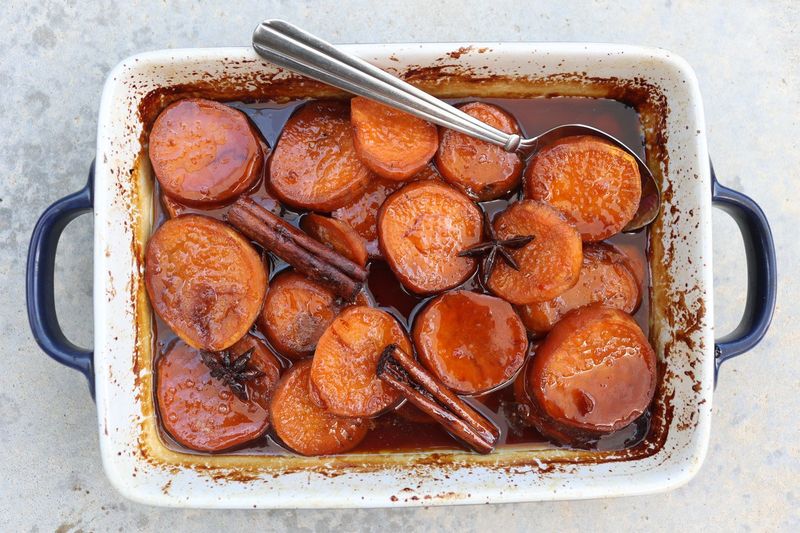
Sweet potatoes were one of few crops enslaved people could grow in their own gardens. This homemade sauce honors that history while creating incredible flavor for your grilled meats.
The natural sweetness balances smoky flavors perfectly! Just roast sweet potatoes until caramelized, then blend with bourbon, vinegar, and spices for a sauce that’ll have everyone asking for your secret recipe.
6. Buttermilk-Brined Smoked Chicken
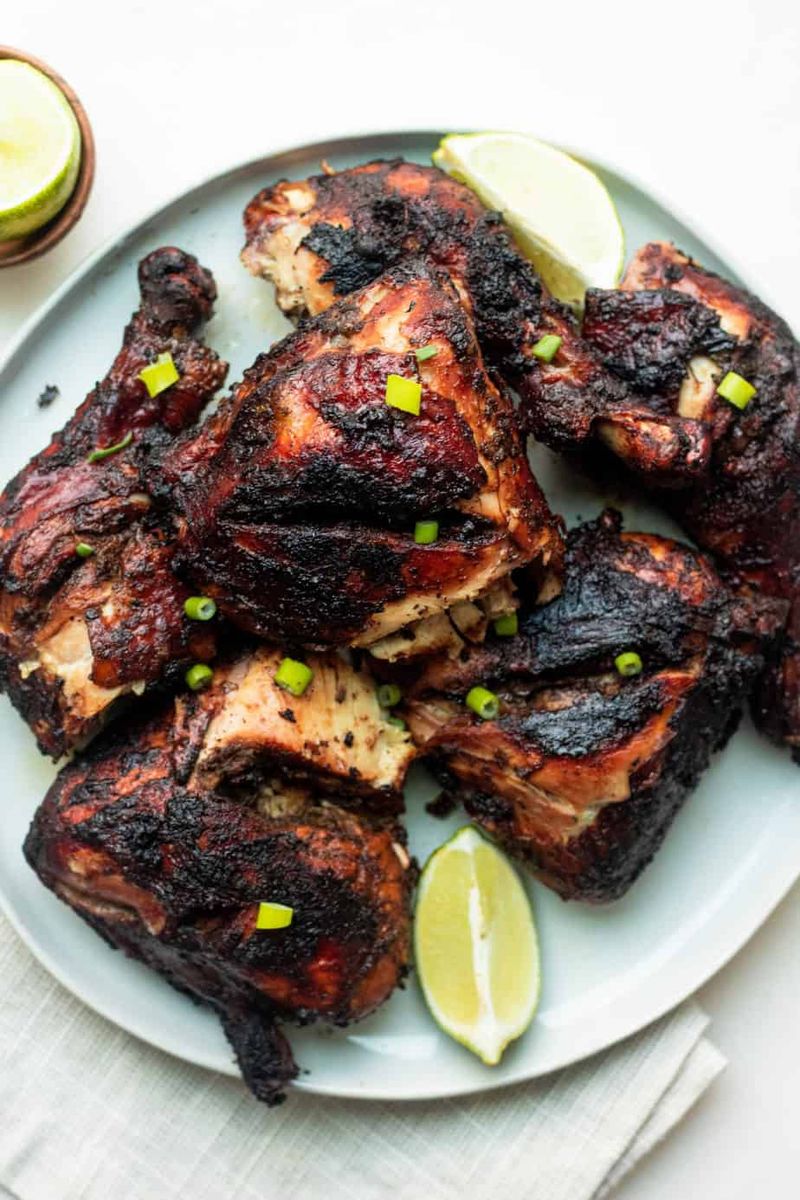
Buttermilk was historically used to tenderize less expensive cuts of meat. Soaking chicken overnight creates juicy, flavorful results that shine when smoked over hickory wood.
The tangy brine penetrates deep into the meat! Add hot sauce to your buttermilk mixture for a kick that complements the smokiness. This crowd-pleaser will disappear faster than you can say “Juneteenth!”
7. Texas-Style Beef Rib Masterpiece
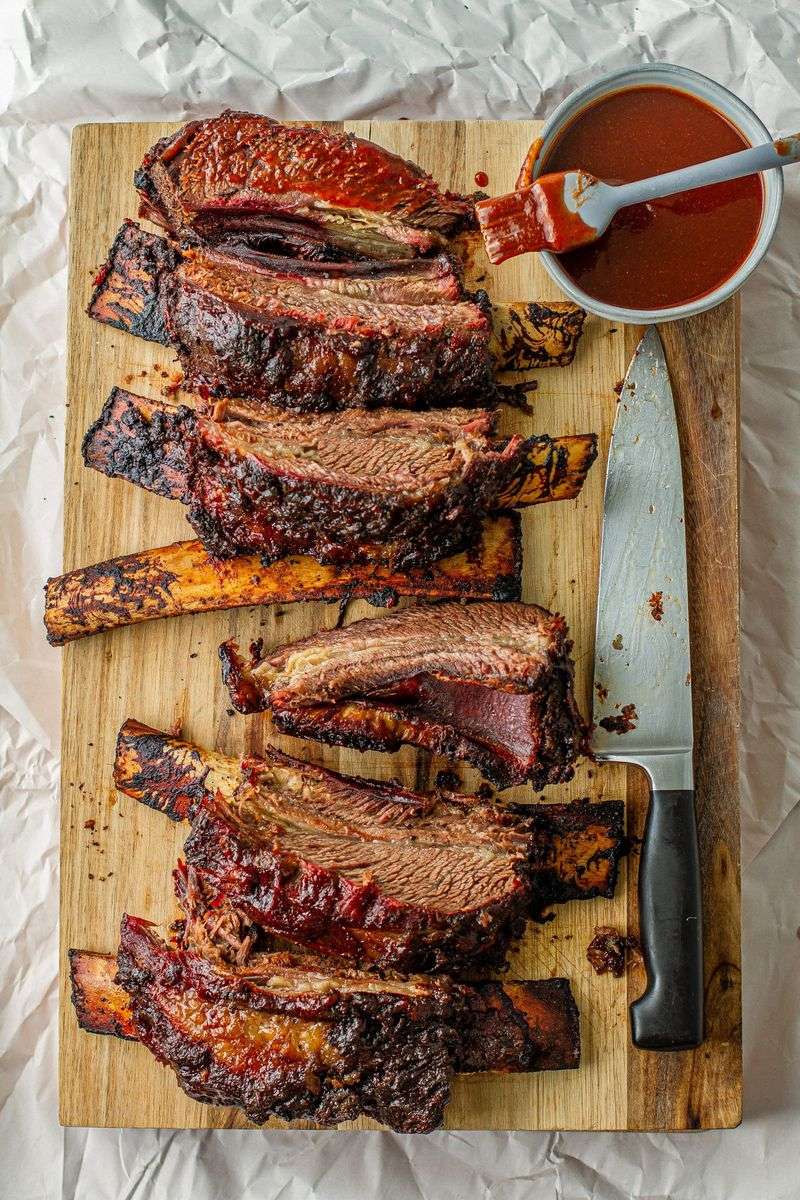
Massive beef ribs represent Texas barbecue royalty. Their impressive size makes them showstoppers at any Juneteenth celebration—one rib can feed several people!
Season simply with salt and pepper. The magic happens through patient smoking over post oak wood, creating a dark bark that protects the juicy meat inside. Serve with nothing but a slice of white bread to soak up the flavorful juices.
8. Blackberry Barbecue Glazed Salmon
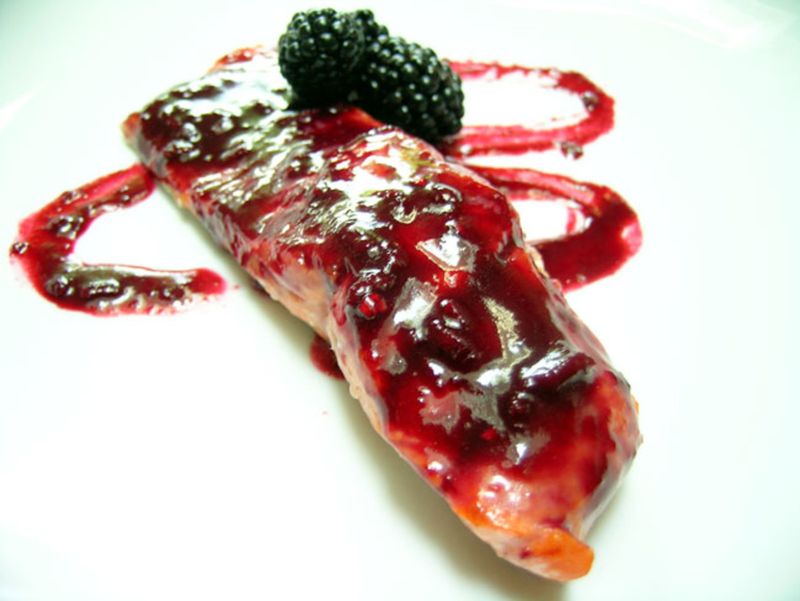
Fishing provided crucial food independence for many formerly enslaved communities. This modern recipe honors that history with a contemporary twist perfect for Juneteenth gatherings.
Fresh blackberries create a stunning purple-red glaze! The sweet-tart fruit balances beautifully with smoky grilled salmon.
9. Honey-Jalapeño Cornbread Skillets
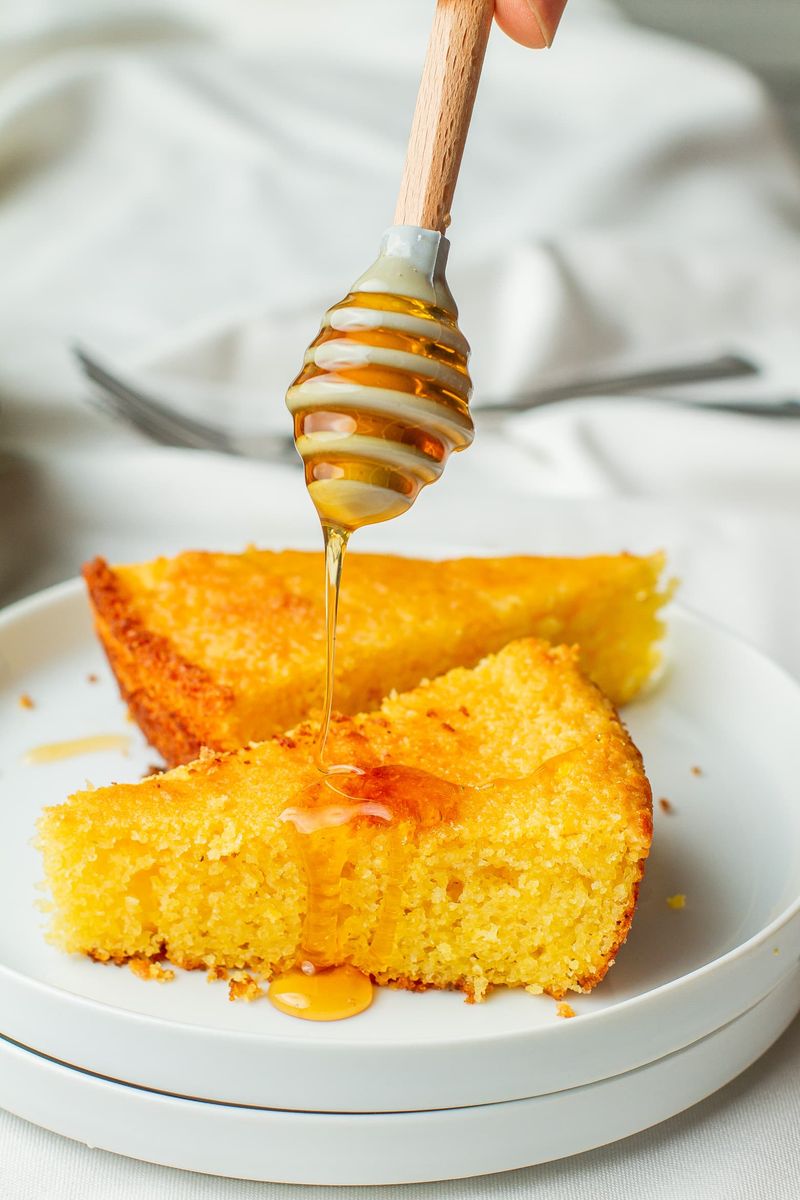
Cornbread has sustained communities for generations. These individual cast iron skillets create perfect crispy edges while honoring traditional cooking methods used during early Juneteenth celebrations.
The sweet-heat combination is irresistible! Honey represents sweetness of freedom while jalapeños add just enough kick to complement smoky barbecue flavors.
10. Peach Cobbler With Cinnamon-Sugar Crust

No Juneteenth barbecue is complete without a sweet finish! Peach cobbler celebrates summer’s bounty while providing a communal dessert that’s easy to share among many guests.
The bubbling fruit represents abundance and joy! For a special touch, sprinkle the crust with red sugar to incorporate the traditional Juneteenth color.
11. Smoke Signals Of Freedom
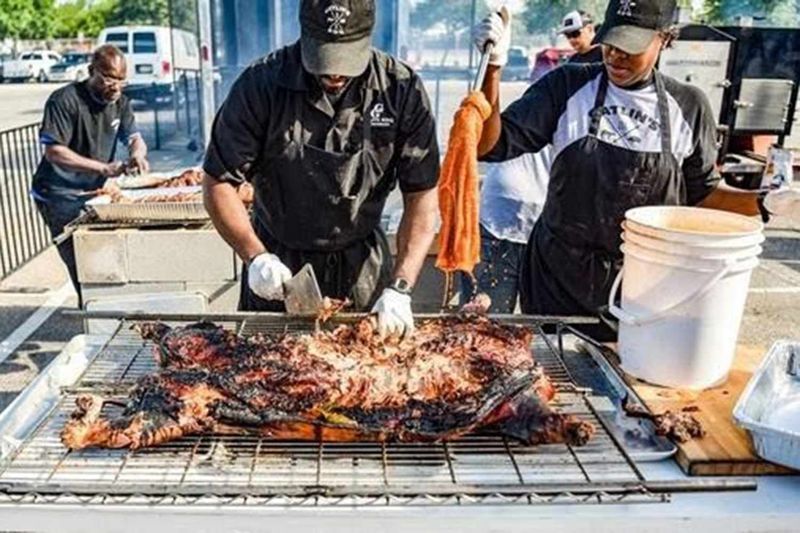
The billowing smoke from barbecue pits during Juneteenth celebrations represents more than just cooking. It symbolizes communication and community resilience.
During slavery, smoke signals were sometimes used as covert communication methods between plantations.
12. Maple-Hickory Smoked Turkey Legs With Sorghum Glaze
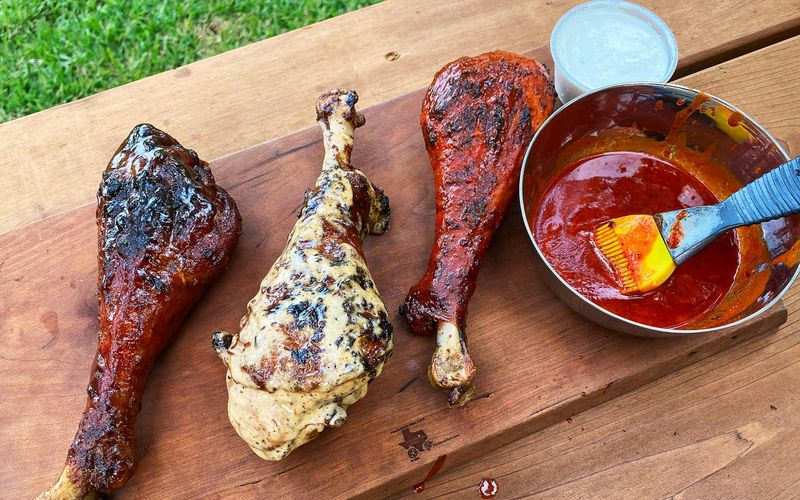
Gigantic turkey legs transform into flavor bombs when given the Juneteenth treatment! These smoky delights spend hours absorbing rich maple and hickory aromas before being painted with glossy sorghum molasses glaze.
Sorghum, a crop with deep roots in African American agricultural history, adds complex sweetness that perfectly balances the savory smoke.
13. Community Fire-Tending Traditions
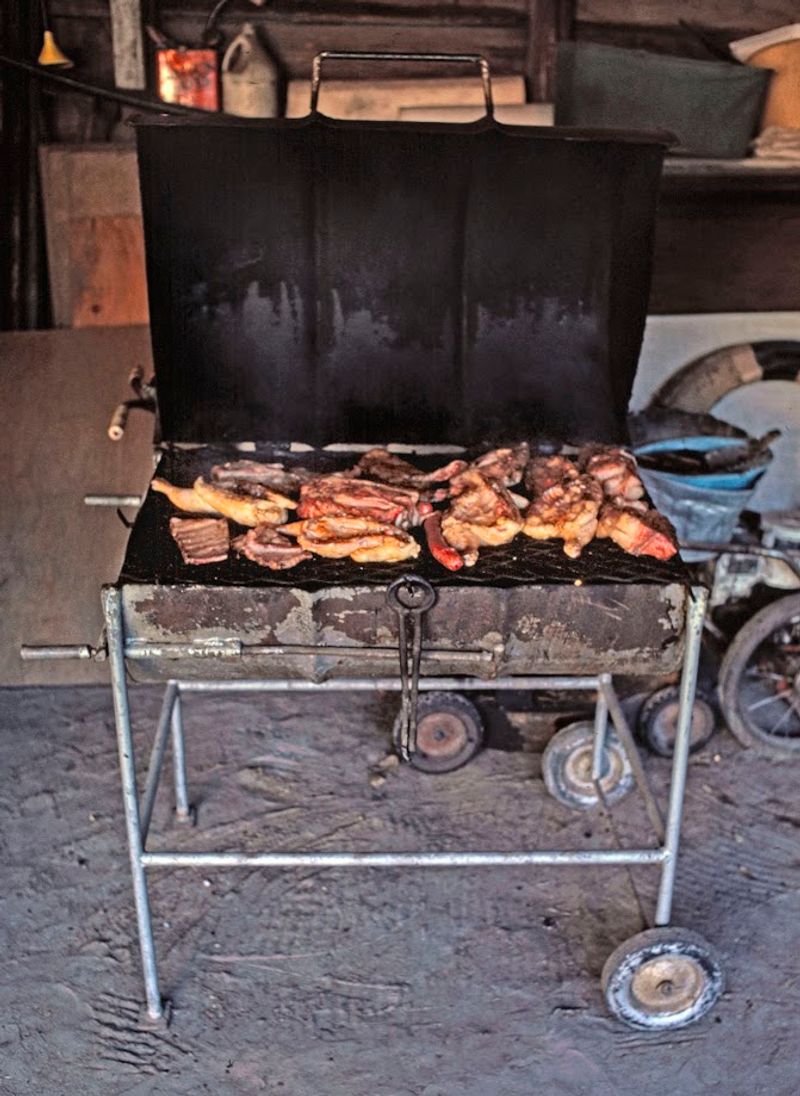
Long before sunrise on Juneteenth morning, designated fire-keepers begin their honored task. This role passes between generations, with elders teaching youngsters the patient art of maintaining perfect cooking temperatures for hours without flare-ups.
The fire-tender becomes the celebration’s heartbeat—their steady work ensures food will nourish the community later.
14. Purple Hull Pea And Okra Gumbo With Smoked Duck
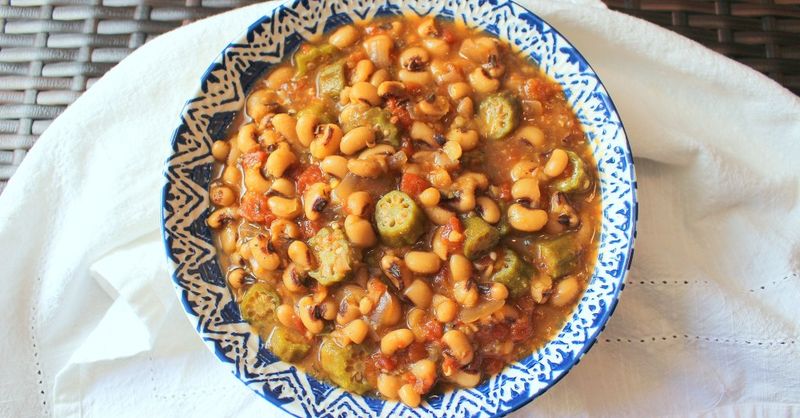
This unexpected gumbo fusion celebrates crops cultivated by enslaved people alongside wild game hunting traditions. Purple hull peas create a hearty base alongside okra, whose thickening properties African cooks masterfully utilized in American kitchens.
Smoked duck adds luxurious depth, representing the hunting skills.
15. Barbecue As Economic Empowerment
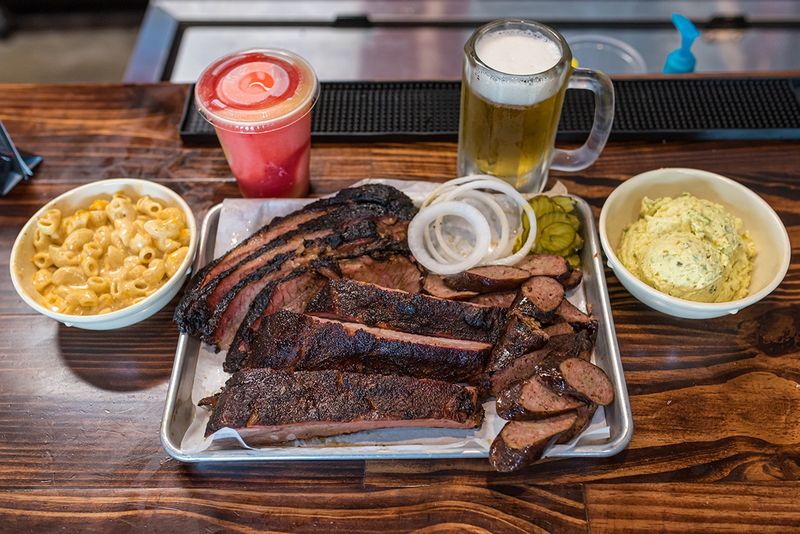
Following Emancipation, barbecue expertise became one of the first entrepreneurial pathways for formerly enslaved people. Their unmatched pit-mastery skills—developed over generations—suddenly transformed from unpaid labor into respected business opportunities.
Early Black-owned barbecue stands appeared at Juneteenth celebrations, train stations, and later in permanent restaurants.

